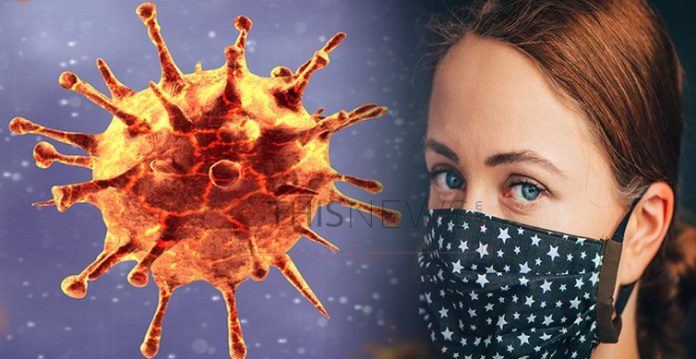London: Researchers have indicated that there are ‘seven different forms of the disease in mild COVID-19′ that leaves behind significant changes in the immune system, even following 10 weeks of getting the infection.
They discovered seven forms of symptoms as flu-like symptoms (with fever, chills, fatigue and cough), common cold-like symptoms (with rhinitis, sneezing, dry throat and nasal congestion), joint and muscle ache.
Eye and mucosal inflammation, lung problems (with pneumonia and shortness of breath), gastrointestinal problems (including diarrhoea, nausea and headache) and loss of sense of smell and taste and other symptoms.
Study authors from the Medical University of Vienna in Austria stated that these findings could play a significant role in the treatment of patients and in the development of a potent vaccine.
In a study, issued in the journal Allergy, the research group inspected convalescents and 98 healthy people in the control group and were able to show that different symptoms related to COVID-19 occur in symptom groups.
Study author Winfried F. Pickl stated, “In the latter group we found that loss of smell and taste predominantly affects individuals with a ‘young immune system’, measured by the number of immune cells (T lymphocytes) that have lately emigrated from the thymus gland.”
Simultaneously, the researchers established that COVID-19 leaves behind long discernible changes in the blood of convalescents, much similar to a fingerprint. For instance, the quantity of granulocytes, which are generally responsible for the immune system for battling bacterial pathogens, is much lower than normal in the COVID-19 group.
Moreover, heightened degrees of antibody-producing immune cells were recognized in the blood of convalescents – the higher the fever of the affected patient during the mild course of the sickness, the higher were the antibody levels against the virus.
Most importantly, the study shows that the human immune system “doubles over” while safeguarding against COVID-19 with the joined action of immune cells and antibodies.
The researchers noted, “Our findings contribute to a better understanding of the disease and help us in the development of potential Covid vaccines since we now have access to promising biomarkers and can perform even better monitoring.”


